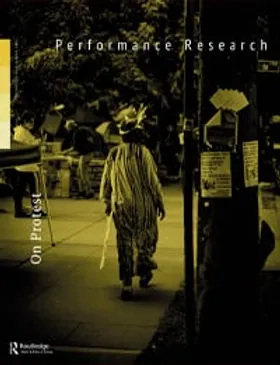Montreal’s fossil foolery
Campaigners plan an East End bike excursion
to protest local refining of Albertan tar sands
by MATT JONES |
| tailings pond in Fort McMurray (by Robin Jones) |
Quebecers may be about to lose bragging rights when it comes to having Kyoto-friendly energy. If it goes ahead, the Enbridge Trailbreaker Pipeline could make Montreal an accomplice to the environmental catastrophe that is the Athabasca tar sands.
“It’s part of a general expansion of the Alberta tar sands,” says Cam Fenton of Climate Justice Montreal. “They’re sending pipelines coast-to-coast across Canada and down into the United States because they don’t have the refining capacity there.”
Piggybacking on existing crude oil
pipelines, the plan would send bitumen extracted in Fort McMurray to
Edmonton, into Chicago, back to Sarnia and then into Montreal.
Refineries in the east end of the city would be refining 40,000 of
the estimated 200,000 barrels produced per day, says Fenton. To do
that, the refinery would have to invest in a coker: a machine used to
transform bitumen into crude, a process that requires massive amounts
of water. In Alberta, waste water has created lakes of
chemical-infused tailings ponds, something Montreal would have to
deal with on a smaller scale. “You’d either have to store it on
the island of Montreal or pipe it underneath the St-Lawrence,”
Fenton speculates.
The refined oil would be sent on to
Portland, Maine then put on tankers and shipped to the gulf coast of
Texas where refineries now have extra capacity as offshore drilling
sources dry up. The project is teeming with irony: to get the oil out
of sand, cleaner forms of energy such as natural gas are channelled
into Fort Mac. Then the dirtier, more profitable energy can be
shipped out, only to make its may to one of the most oil-rich states
on the continent.
Enbridge was applauded by
environmentalists last year when it shelved plans for the
Trailbreaker after funds evaporated at the peak of the recession. But
many are skeptical that the project has really been suspended. “What
they’ve done is compartmentalized the project, which is what a lot
of companies will do when they’re facing resistance,” says
Fenton.
Since the project will make use of an
existing pipeline, the company only needs to secure approval for the
individual pumping stations and changing stations it needs to add to
the network. “In the community of Dunham they’re already building
a pumping station in order to pump this over top of a mountain to get
it to Montreal. In Texas, the plants are getting ready. Everything is
being done, but instead of publicly calling it the Trailbreaker
pipeline, they’re doing it in a more secretive way,” he says.
If the project is approved, Fenton
thinks it could be up and running within a year. And with the
negative exposure tar sands have been getting since Copenhagen, the
industry is under pressure to get as much out of it as they can
before it’s too late.
“They know it’s one of the most
unsustainable projects on the planet, that oil is fading out, that
people want to see an alternative to it. They want to get in, get
everything out of the ground and turn this into money as quickly as
possible.”
This April 1, Fenton will be
celebrating Fossil Fools Day by taking a motley gang of
bicycle-wielding activists on a scenic ride out to Petro-Canada’s
east-end refinery to protest the project.
“Petro-Canada is one of the major
companies involved in the tar sands. The first step to stopping the
tar sands in Alberta is stopping it from expanding here.”
To find out about Climate Justice
Montreal’s ongoing tar sands campaign visit
climateactionmontreal.wordpress.com.
Montreal Mirror 1 April 2010 (this is the unedited text)


Comments
Post a Comment